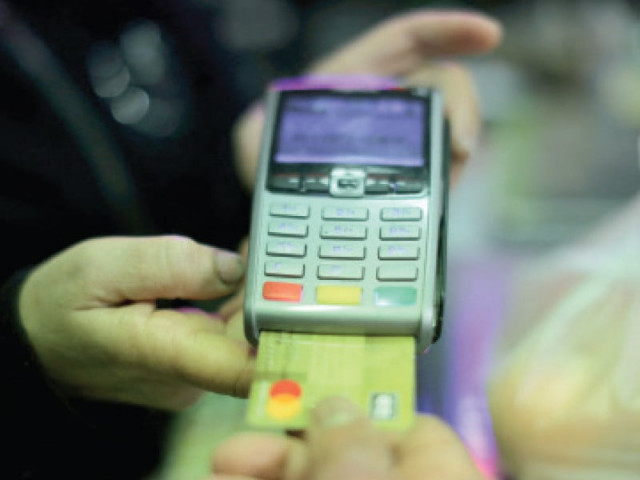Retail sector advocates sustainable tax policies
Opposes higher sales tax while highlighting flaw in tax structure

In a crucial meeting with the Senate finance committee, representatives of the Pakistan Retail Business Council (PRBC) presented their point of view against the proposed increase in sales tax from 15% to 18% on Point of Sales (POS)-connected retailers.
The plea was compelling enough that it not only won the consensus of all senators but also left the Federal Board of Revenue (FBR) representatives without a substantive counterargument.
PRBC highlighted a critical flaw in the current tax structure as only 5% of the retail sector was registered and compliant while a staggering 95% remained outside the tax net, contributing nothing to the treasury.
This disparity paints a grim picture of an overburdened compliant sector that already shoulders nearly 57% in various taxes and contributions, including a 29% income tax, 10% super tax, 15% dividend tax, Workers’ Welfare Fund, Workers’ Profit Participation Fund and more.
With the proposed increase in sales tax, their total tax burden will rise to an untenable 60%. It would force consumers to buy from the undocumented, non-tax compliant sector as there has already been high inflation for the last few years and the disposable income has shrunk substantially, the retail council said. “This would literally prove to be the straw that breaks the camel’s back.”
Statistics shared by the PRBC underscored the potential negative impact of the tax hike, noting that when sales tax was previously increased to 15%, a majority of compliant retailers saw zero or even negative growth.
Historical data suggests that more focus should be placed on enforcement and broadening the tax net by targeting more retailers from the undocumented, non-tax paying sector, it stressed.
The retail council’s argument extended beyond just opposing higher taxes as it also proposed solutions for broader economic health, advocating for expanding the tax base rather than increasing the tax rate on those already within the system.
They pointed out that robust growth rates of 25-30% were maintained when sales tax was lower, between 6% and 9%. “Such figures not only illustrate the stifling effect of higher taxes on growth but also highlight the potential for increased revenue through more inclusive and growth-friendly policies.”



















COMMENTS
Comments are moderated and generally will be posted if they are on-topic and not abusive.
For more information, please see our Comments FAQ